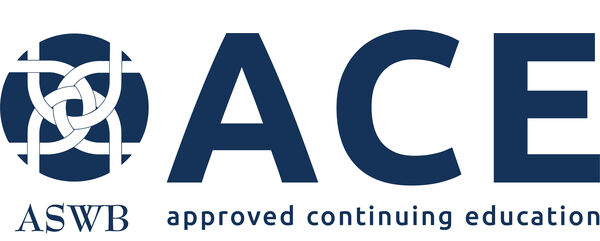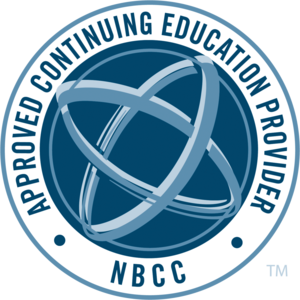Child Welfare and Social Work Education: From a Pedagogy of Oppression to a Pedagogy of Resistance (1 credit hour)
Program Summary: This thought-provoking course explores the relationship between social work and the child welfare system and critiques the federal Title IV-E training program and the ethical conflicts involved in training MSW students to regulate families. The course examines the forces of racism, classism, misogyny, and injustice within the child welfare system. The course suggests that the relationship between child welfare and social work must be reimagined and recreated in a new way that will allow social workers to meet the needs of children and families while also upholding the ethical principle of social justice.
Social justice is a core value of the social work profession, and the NASW Code of Ethics establishes the ethical principle to challenge social injustice.
Value: Social Justice
Ethical Principle: Social workers challenge social injustice. Social workers pursue social change, particularly with and on behalf of vulnerable and oppressed individuals and groups of people. Social workers’ social change efforts are focused primarily on issues of poverty, unemployment, discrimination, and other forms of social injustice. These activities seek to promote sensitivity to and knowledge about oppression and cultural and ethnic diversity. Social workers strive to ensure access to needed information, services, and resources; equality of opportunity; and meaningful participation in decision making for all people. NASW Code of Ethics
This course is recommended for social workers and is appropriate for beginning and intermediate levels of practice. This course is not recommended for NBCC ethics credit.
Reading: Child Welfare and Social Work Education: From a Pedagogy of Oppression to a Pedagogy of Resistance Authors: Sandra M. Leotti, Erin P. Sugrue, Miriam Itzkowitz, Kelly Williams Publisher: Advances in Social Work
Course Objectives: To enhance professional practice, values, skills and knowledge by examining social work’s relationship to child welfare, ethical conflicts, and re-envisioning support for children and families that upholds the ethical principle of social justice.
Learning Objectives: Describe the social work profession’s ethical commitment to social justice. Identify the ethical implications involved in training MSW students to regulate families. Describe how the intersections of race, class, and gender impact the child welfare system.
Review our pre-reading study guide.
G.M. Rydberg-Cox, MSW, LSCSW is the Continuing Education Director at Free State Social Work and responsible for the development of this course. She received her Masters of Social Work in 1996 from the Jane Addams School of Social Work at the University of Illinois-Chicago and she has over 20 years of experience. She has lived and worked as a social worker in Chicago, Boston, and Kansas City. She has practiced for many years in the area of hospital/medical social work. The reading materials for this course were developed by another organization.





